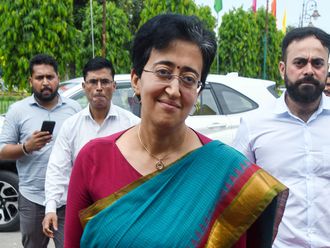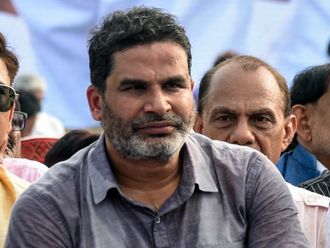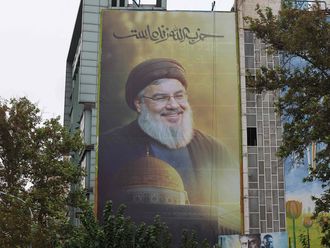As we mark the first anniversary of Egypt's January 25 Revolution, which overthrew president Hosni Mubarak, one cannot escape the need to reflect on what is actually going on in other parts of the Arab world, especially in Syria.
The majority of the Egyptians argue that their revolution is not over yet and there is a long way to go before they could declare ‘victory'.
The ruling military council, some say, is just an extension of the old Mubarak regime. But those critics ignore the fact that the current Egyptian stability is a reason for the gradual move from one regime to another. The successful elections, swept by Mubarak's enemies, the Muslim Brotherhood, were conducted under the supervision of the military council.
Meanwhile, the chaotic scenes in Libya and the rapid slide of Syria towards civil war prove that uprooting a regime, that has been entrenched for so long, without a solid plan to preserve stability and security is just a recipe for disaster.
Nevertheless, the military council, which must be credited for keeping the peace and overseeing the democratic change, should speed up the handover of the reins of power to a civilian government.
Egypt, the largest Arab state and forever the beacon of Arab civilisation, has again shown its leadership material, proving wrong those who thought the Egyptian role was obsolete in the so-called new Arab order.
The January 25 revolution has not only revived the creative spirit of Egyptians but inspired millions of Arabs that change and reforms can come in a peaceful and civilised way. It has also inspired millions of others around the world from New York to Moscow. Tahrir Square has become synonymous with freedom and the pursuit of democracy.
Today, Egyptians are urged to continue their peaceful striving to bring about the hoped for changes.







